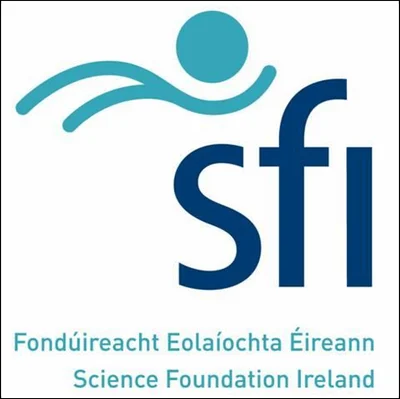Co-Principal Investigator – SFI Frontiers for the Future (2023 – 2028)

Description: The goal of this project is to leverage emerging biofabrication technologies to provide biophysical cues and spatially localised morphogens to (stem cell derived) cartilage spheroids to guide their fusion and (re)modelling to engineer truly biomimetic articular cartilage. To realise this goal, this project will produce a new biofabrication platform that provides matrix (re)modelling factors and spatiotemporally defined patterns of growth factors to self-organizing cellular aggregates, microtissues or organoids. This will be achieved by 3D bioprinting such regulatory cues into a ‘living bath’ of microtissues or organoids. To demonstrate the utility of this biofabrication platform it will be used to engineer articular cartilage grafts that mimic the depth-dependant structure, composition and mechanical properties of the native tissue. The ability to bioprint such functional tissues has the potential to transform the field of orthopaedic medicine, providing grafts to biologically resurface large areas of damaged synovial joints and thereby prevent the development of osteoarthritis – a debilitating disease affecting millions of people. The impact this project will not be limited to the orthopaedic space, as it is envisioned that these new bioprinting platforms will find numerous applications in regenerative medicine. Co-Principal Investigator: Prof Pieter Brama (University College Dublin) Collaborators: Prof Brian Johnstone (University of Oregon) Funded by: Science Foundation Ireland